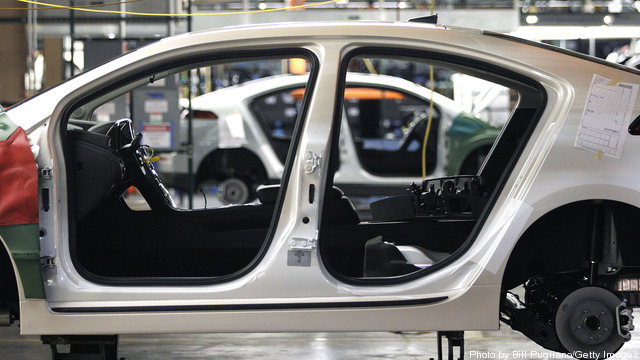
How a quest for a ten-fold improvement in batteries promises to make electric vehicles deliver on their remarkable potential.
The din that accompanied the birth of modern electric vehicles has quieted, despite a steady parade of new models and the ascent of gas prices to worrisome highs. The relative quiet is good news though, a sign that electric vehicles (EVs) are entering a critical period when the technology must evolve from exotic to everyday. Keep reading →



